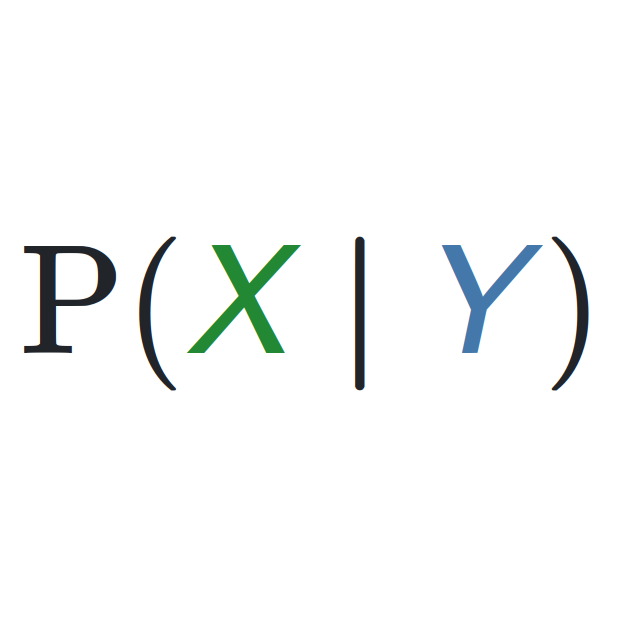3
The success of methods based on artificial neural networks in creating intelligent machines seems like it might pose a challenge to explanations of human cognition in terms of Bayesian inference. We argue that this is not the case, and that in fact these systems offer new opportunities for Bayesian modeling. Specifically, we argue that Bayesian models of cognition and artificial neural networks lie at different levels of analysis and are complementary modeling approaches, together offering a way to understand human cognition that spans these levels. We also argue that the same perspective can be applied to intelligent machines, where a Bayesian approach may be uniquely valuable in understanding the behavior of large, opaque artificial neural networks that are trained on proprietary data.



Exactly what I was looking for. I have been trying to figure out the best structure for my training and this helps. I have not quite pinpointed what I want to do yet, but I am rebuilding it from the ground up. Speaking of which- any familiarity with ImageJ?
Never used it :).
Keep me updated on your progress, I barely have any time to do it as thoroughly as you and so I’ll be glad to learn from your experiment also
Will do once I figure out my plans myself!!! Lol. I have a lot to write up while these initial steps run so maybe I’ll be sooner rather than later.